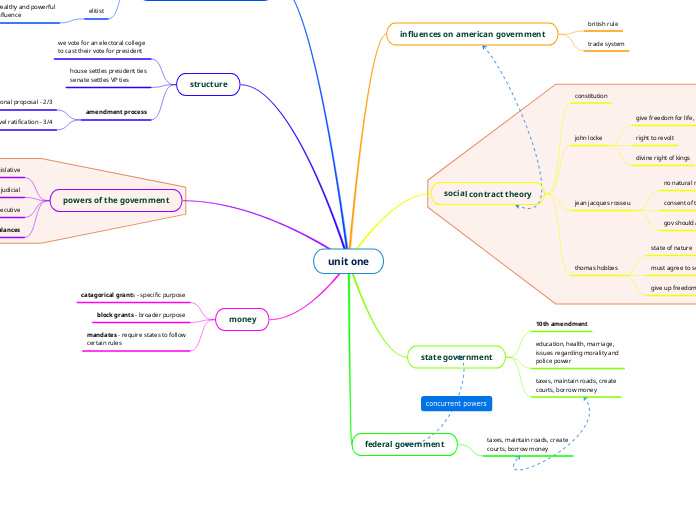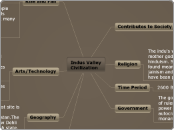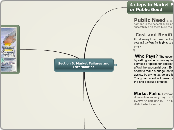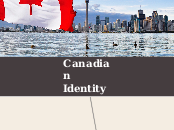a will martinez 3 éve
133
unit one
The formation of American government is deeply influenced by various philosophical and legal principles. The social contract theory, endorsed by thinkers like Jean-Jacques Rousseau, John Locke, and Thomas Hobbes, posits that people consent to give up certain freedoms to ensure life, liberty, and property.
Megnyitás
unit one money mandates - require states to follow
certain rules block grants - broader purpose catagorical grants - specific purpose powers of the government checks and balances executive article 3, section 1 and 2 judicial article 2, section 1 legislative article 1, section 8 structure amendment process state level ratification - 3/4 national proposal - 2/3 house settles president ties
senate settles VP ties we vote for an electoral college
to cast their vote for president representative democratic
theories elitist wealthy and powerful
influence pluralist non-governmental
group influence participatory direct citizen
influence federal government state government taxes, maintain roads, create
courts, borrow money education, health, marriage,
issues regarding morality and
police power 10th amendment social contract theory thomas hobbes give up freedom, gain structure must agree to social contract state of nature jean jacques rosseu gov should aim to restore freedoms given up consent of the people no natural right to govern others john locke divine right of kings right to revolt give freedom for life, liberty, property constitution influences on american government trade system british rule









